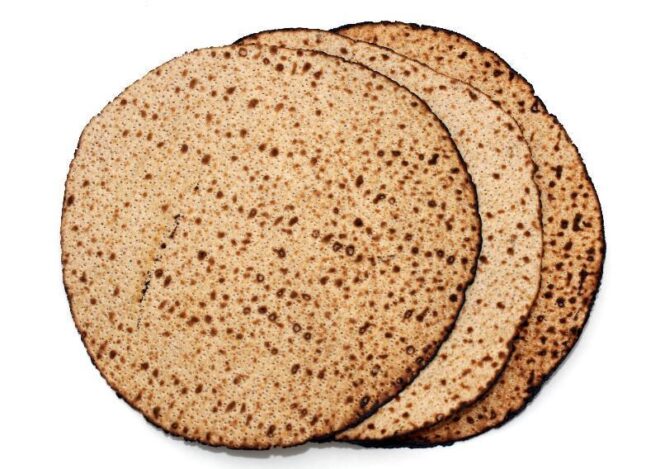 In the past I posted about Android Zmanim, Jay Gindin’s open source Android zmanim project that uses the KosherJava Zmanim API. The fact that Android development uses Java natively means that it is very simple for Android developers to include zmanim in their apps. Since that time there have been a number of other applications (including iPhone apps) using the code. Moshe’s KosherCocoa Obj-C port of the KosherJava Zmanim API will probably result in additional iPhone apps that use the API. Yitzchok’s older Zmanim .NET port of the KosherJava Zmanim API also opened the door for Windows Phone zmanim applications as well (Ari Polski’s
In the past I posted about Android Zmanim, Jay Gindin’s open source Android zmanim project that uses the KosherJava Zmanim API. The fact that Android development uses Java natively means that it is very simple for Android developers to include zmanim in their apps. Since that time there have been a number of other applications (including iPhone apps) using the code. Moshe’s KosherCocoa Obj-C port of the KosherJava Zmanim API will probably result in additional iPhone apps that use the API. Yitzchok’s older Zmanim .NET port of the KosherJava Zmanim API also opened the door for Windows Phone zmanim applications as well (Ari Polski’s Zmaim app already uses it, and there are others in the works). I may post additional details about some of them in the future, including an updated post about Jay’s latest Android Zmanim release. I am aware of the following mobile applications that use the KosherJava Zmanim API.
- Android Zmanim (Android)
Zmantime Alarm Clock (Android)- Daily Zmanim (Android)
- Matanya Beezy
WiseChild Zmanim - Matanya Beezy
Ice Cream Siddur YahrtzeitZmanim (Android)Hebrew Calendar (Android)- Simple Luach (Jewish calendar) (Android)
Zmanim (Windows Phone)- Siddur (RustyBrick) (iPhone)
mMinyan (for both Android and iPhone)- ZmanimMinder (Android)
- Find a Minyan (Android)
- Siddur (OKTM) (Android)
- Jewish Cal (iPhone)
Smart Siddur (Android)- Ultimate Zmanim (iPhone)
- Ultimate Omer 2 (iPhone)
- Sefirat Haomer (Android)
- Shabbat Shalom (Android and iPhone)
Daka Tora (Android) an app for Jewish soldiers- Mincha Alerts (iPhone)
- Shabbos Zmanim (Android)
Easy Zmanim (Android)- Halachic Times (Android)
- Jewish Automator Tasker Plugin, a Tasker plugin (Android)
There are also a few secular apps that are non-zmanim specific that use the API for sunrise and sunset calculations. One that I know of is Jeffrey Blattman’s Dawn to Dusk Widget, and I know that there are some photography apps that use it for sunrise/set calculations as well. There are likely more that I have missed, and a few that are in active development but unreleased. If you are aware of any missed apps, please let me know.


 Until this point the
Until this point the  The Zmanim API did not have dedicated zmanim to claculate the Erev Pesach zmanim of sof zman achilas
The Zmanim API did not have dedicated zmanim to claculate the Erev Pesach zmanim of sof zman achilas